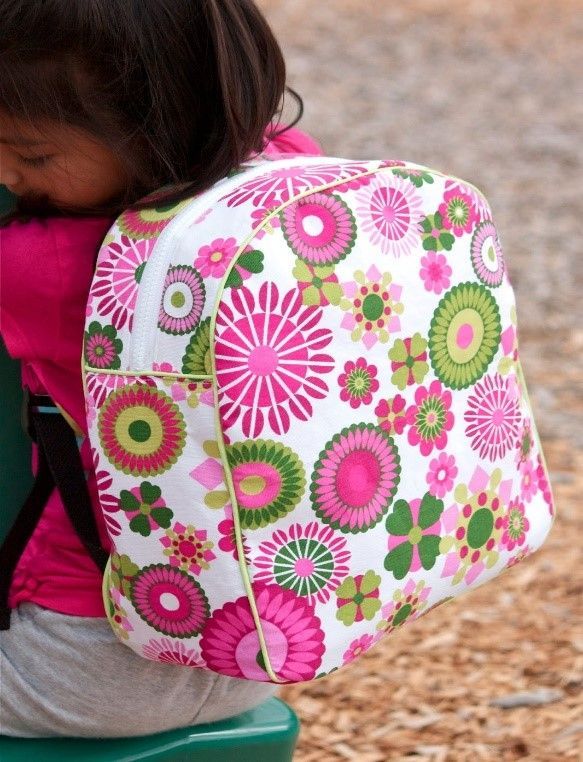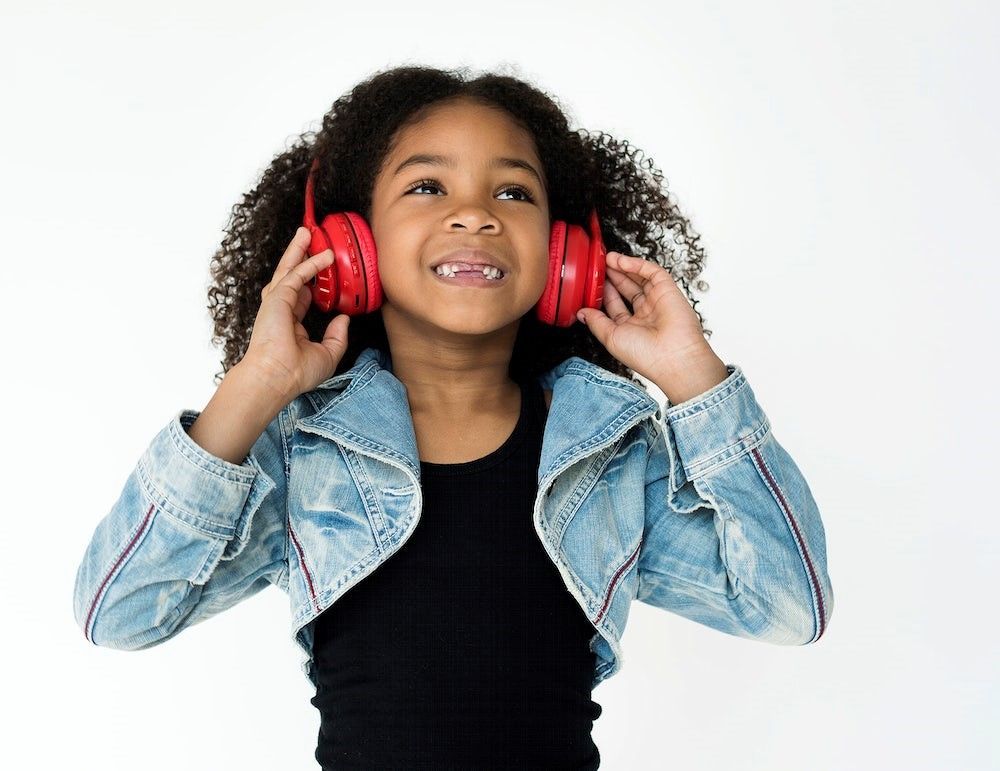Helping Foster Youth Through the Holiday Season

The ghosts and goblins are put away and all of the trick-or-treating is piled into a large bowl with the left over candy that no one likes. Immediately from one day to the next, the radio went from playing “Ghostbusters” and “Thriller” to “All I want for Christmas is You” and you think…..it’s the best time of the year! But for children in foster care, it not always is. Children in foster care may have come from homes where there was no Christmas, no grand feast, no stockings, no presents, no tree. This could be because there was not enough money to provide these surprises, or no one to provide the surprises for them.
The holidays, whether they be Thanksgiving, Christmas, Hanukah, Kwanza, or New Years, do not always bring thoughts of joy and excitement, but rather trigger their feelings associated with not being with their families, which could look like sadness, grief, anger, or resentment. Having the ability to recognize these feelings will help you understand how to help them. Better yet, having a conversation with them before the holidays approach of what the holidays mean to them and learning what the holidays looked like in their family, will help you to plan and adjust your holiday celebrations or traditions so that they feel involved and comfortable rather than overwhelmed.
Here are some tips from www.justasspecial.com Navigating the Holiday: A Guide for Foster Parents and www.kidscounttoo.com
Helping Foster Youth Through the Holiday Season.
- Talk to Foster Youth Before the Holiday Celebrations Begin:
- Before any holiday celebrations begin, it can be helpful to let your foster youth know what the holidays look like for your family or in your home, what, and who they should expect. As an adult and parent, you may be used to the hustle and bustle of the holiday gatherings or the specific behaviors of loved ones; however, these situations will all be new and can be quite overwhelming for a foster youth. Talking with them in advance will give them time to anticipate the upcoming holiday celebrations and provide them time to think and prepare.
- Similarly, be sure others you are celebrating the holidays with are aware of the foster youth in your home and are not surprised by their presence. This can help to minimize awkward situations such as needing to scramble to set an extra place at that table, which can make them feel like an imposition right from the start. It will also eliminate awkward but reasonable questions such as “who are you?”
- In addition, keep in mind confidentiality rules regarding foster youth. It is common to celebrate the holidays with those who you have not seen in a while and so it is best to have conversations with your family, extended family, and friends ahead of time about your fostering journey and that you will have some additional youth present at the holidays. Assist them with what they can do to welcome and include your foster youth during the festivities, without overdoing it.
- Get Rid of Expectations
- Probably easier said than done, but try not to have any expectations. The holidays can bring out sadness and big behaviors for foster youth and they may be excited about doing all the family activities you have shared, but feel sad the day of, because they are away from their biological family. They may prefer to spend a holiday with their biological family; a friend/mentor; or a former foster family/caregiver. If it is approved and safe, allow them to do so - and offer to also celebrate with them on another day.
- Create time for self-care so you can re-charge and recalibrate and have the capacity to deal with your own disappointments and triggers.
- Ask for Input
- Giving foster youth a say in how you celebrate the holidays can make them feel valued — rather than forgotten amidst the bustle — and increases the chances of their participation in family activities. This also helps them know what to expect well in advance which can help dissipate anxiety.
- Make participation in all of your family traditions optional, but also ensure they have a warm invitation to join you.
- Ask for help creating some new family traditions.
- Ask if they would like to share some of their family traditions that you can do together.
- When creating plans, invite them to share their feedback and whether they are interested in joining.
- Ask in advance what they need to feel comfortable participating in any holiday activities.
- Ensure you allow them the opportunity to take part in any of their cultural and religious practices.
- Don’t Ignore Their Feelings or Mental Health
- As we have already established, the holiday season can be a conflicting and emotionally draining time for many foster youth. It may bring out new feelings or behaviors and may exacerbate existing ones. Understand that foster youth often have a lot of process year-round, but even more so during the holidays. Respect their mental health, know that their feelings about the holidays can be complex, and provide help if asked for if it is required.
- Don’t Make them Feel Unequal or Unwelcomed
- During the holiday season, many foster youth feel like outsiders or like a burden to your family. Foster parents should try to take steps both big and small to ensure foster youth are completely and totally welcomed as an equal part of the family, while always being sure to validate their emotions, no matter what. This can look like purchasing the same amount or value of presents for all children in the family, having a matching or similar initialed stocking hung for them along with the other family members stockings, and offering to include them in every tradition, despite their age but allowing them the choice to participate or not.
- Gift Giving:
- For many youth in foster care, receiving gifts can be overwhelming as they may have never experienced gift receiving before. Consider allowing these them the option to open gifts in private or focus on giving experiences rather than tangible gifts.
- On the other end of the spectrum, some youth in foster care may seem to only care about tangible gifts and not care about building relationships. For these youth, consider gifts that create the opportunity for interactions such as crafts or games.
- Ask the youth about a gift they have wanted for a while but never got — and then try to get these gifts regardless if they are “too old for them” by societal standards. Receiving these gifts after so long can be a healing experience for youth in foster care.
- One good idea when it comes to family gift giving, is to have extra presents ready to help offset differences that might happen. You should not expect all relatives to purchase gifts for your foster youth, so it might be best to be prepared by bringing extra small gifts, If you happen to have a family member that shows concern over not having bought a gift for one of your foster children, you can offer them one of your “backup” gift to put under the tree.
- Connection With Others
- For many, the holidays do not stop and end at family. Often, a wider community will be on hand in festivities and in making the holiday what it is. Foster parents should aim to include this wider community and make the extra effort to have your foster youth connect with these individuals in whatever way possible and permissible.
- Connecting with these important people can take many forms if in-person visits are not an option including:
- Scheduling a Zoom or phone call
- Dropping-off or mailing gifts
- Helping them send photos, letters, or holiday cards
- It can be hard to add time for these activities around a hectic holiday schedule, but going the extra mile to ensure these kids have connection with loved ones is important.
- Incorporate Their Traditions and Customs
- No two families celebrate the holidays in the exact same way. While certain traditions are certainly more common than others are, everyone has their own unique spin to the holidays- and the families foster youth come from are no different. Have a discussion with them about how they usually celebrate and how you and your family celebrate. Let your foster youth know which of the traditional holidays your house recognizes. Is it Thanksgiving? St. Nick’s Day? Kwanzaa? Hanukah? Christmas? New Years? Or all of the above. If possible, incorporate some of their traditions to make them feel welcome, included, and accepted in your holidays. The smallest things can sometimes make the biggest differences. In addition, please remember to respect that foster youth may celebrate holidays you do not, and vice versa.
In conclusion, the holiday season can be a very busy time of year for you and your family. The same can be said for foster youth, more so in the sense that it is an emotionally busy time for them, that they may have difficulty understanding and controlling. Be present for them, be cognizant to their revolving feelings, be supportive, and be inclusive at their level. Overall, enjoy your time with them whether it be sharing each other’s traditions or beginning new ones.




















